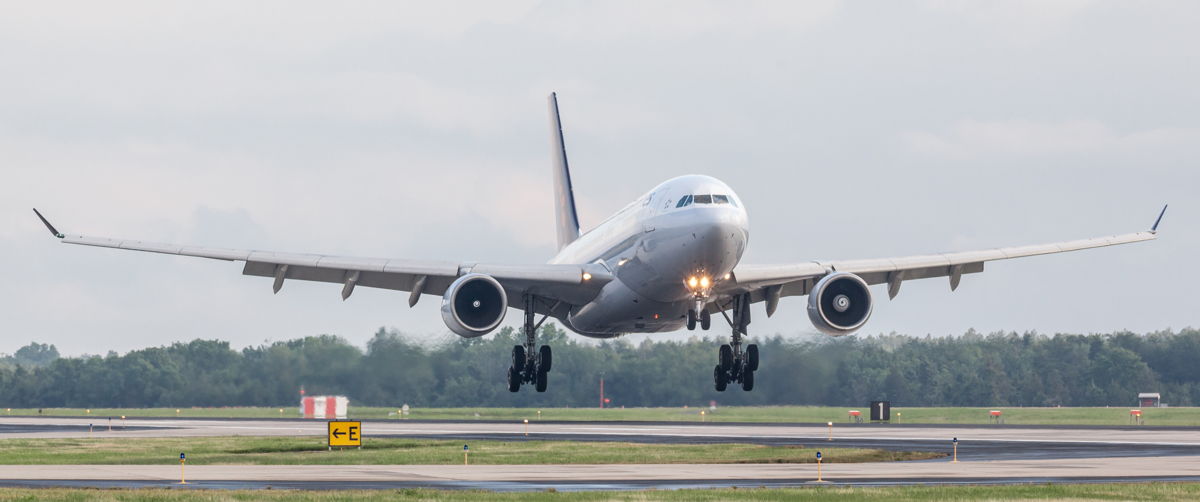Brussels Airlines Airbus A330 suffers dual engine failure
Investigators have released information to the public about an incident that occurred with a Brussels Airlines Airbus A330-200 that lost power in both of its engines.
The aircraft, registration OO-SFU, was performing flight SN358 from Kinshasa to Brussels on the 10th of December when the pilots received an Electronic Centralized Aircraft Monitor (ECAM) notification stating the left hand engine had failed/shutdown.
Upon notification, the pilots reduced their cruising altitude from 40,000 feet to below 27,000 feet to comply with single engine operation guidelines. Diversion options were put in place and a PAN-PAN was declared to air traffic control.
After completing all necessary actions, the pilots were able to relight the engine and progress with the flight, climbing back up to their desired cruising altitude.

No further issues came to the attention of the pilots for the duration of the flight until the approach phase, where the right hand engine failed while descending. The engine continued to relight and shutdown automatically, however was powered upon touchdown.
Additional information is limited and the airline is still carrying out checks to identify any damage within the engines and aircraft systems. The investigators are listing this incident as serious and will continue to work with the airline and its associated crews as well as Airbus.
The aircraft involved is powered by two Pratt and Whitney PW4168A engines and was delivered to the airline in 2013, however was manufactured in late 1999. In between manufacture and Brussels Airlines, airlines such as Lufthansa, Swiss International and the now non-existent Air Australia operated the aircraft.
Due to the extreme rarity of dual engine failures, investigators and the airline are suspecting fuel contamination from Kinshasa.
A notable incident to refer to regarding dual engine failure on an Airbus A330 is Air Transat flight 236, where both of the Rolls-Royce Trent 700 engines flamed out due to fuel starvation. The pilots were able to successfully glide the aircraft down to an air base, however causing substantial damage to the aircraft due to the reduced hydraulic and electronic equipment required for braking.
Investigations highlighted improper maintenance caused a fuel leak, which was worsened when the pilots tried to correct a fuel imbalance warning using the cross feed system.
Although this Brussels Airlines flight did not suffer from a fuel leak, the circumstances are similar, with power being lost to both of the engines, causing uncertainty in the pilots flying the aircraft, hence why this incident is regarded as serious.


